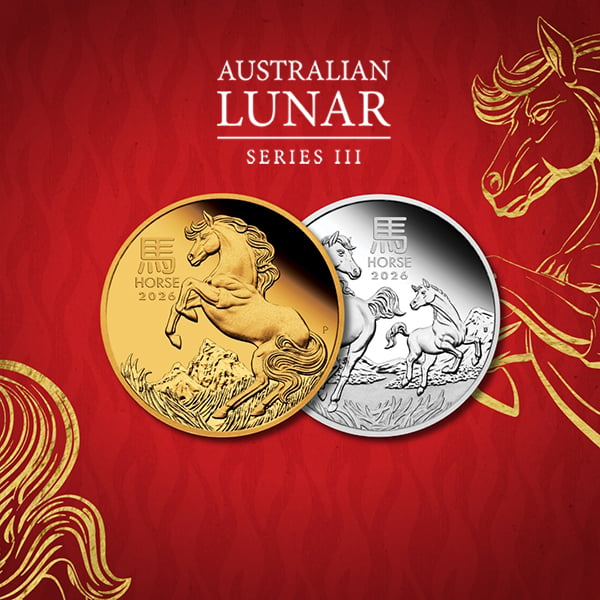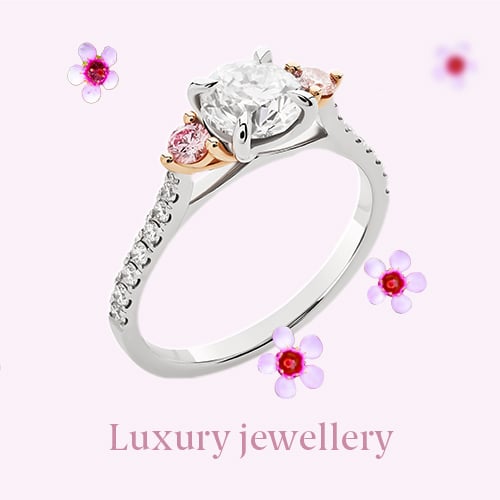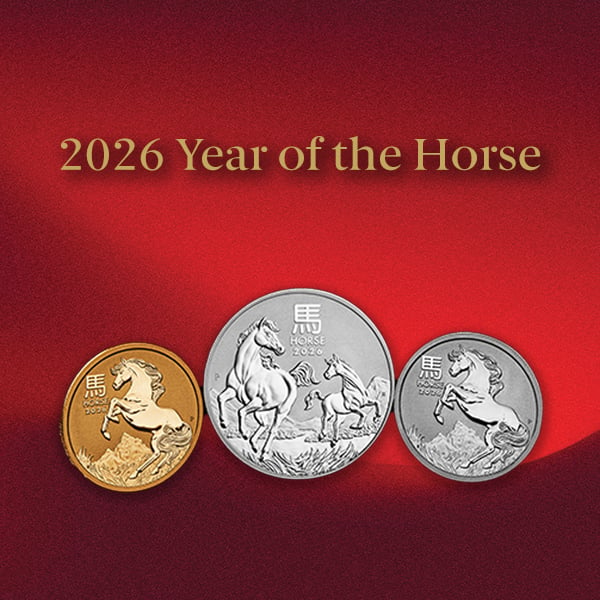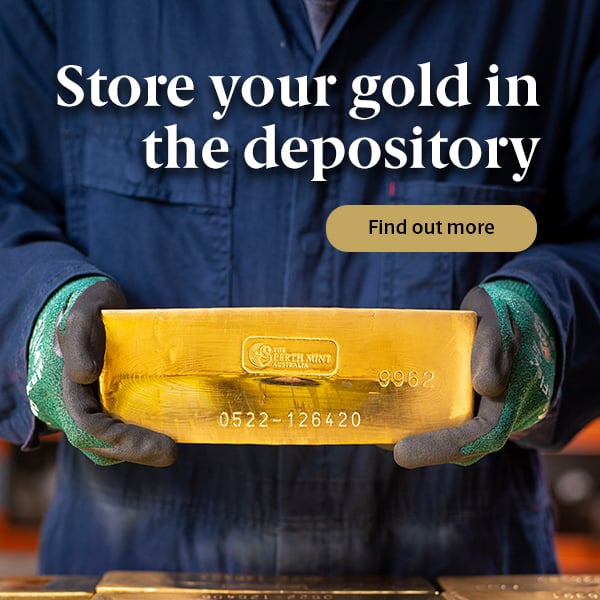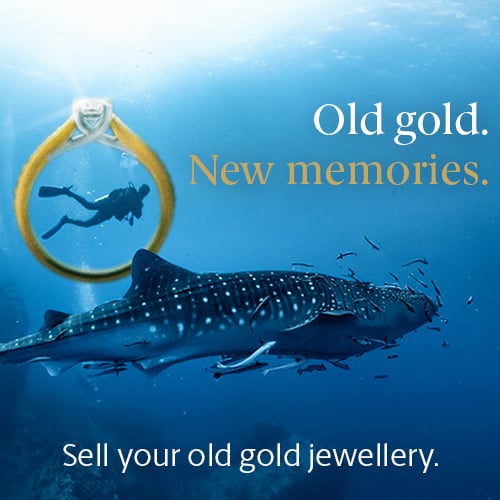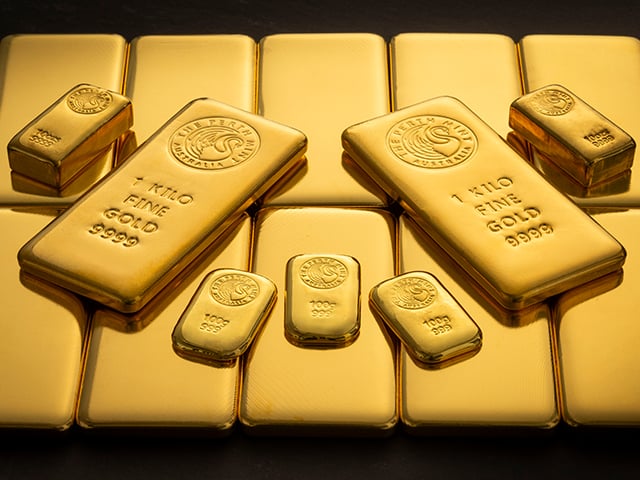What is 'conflict-free' gold?
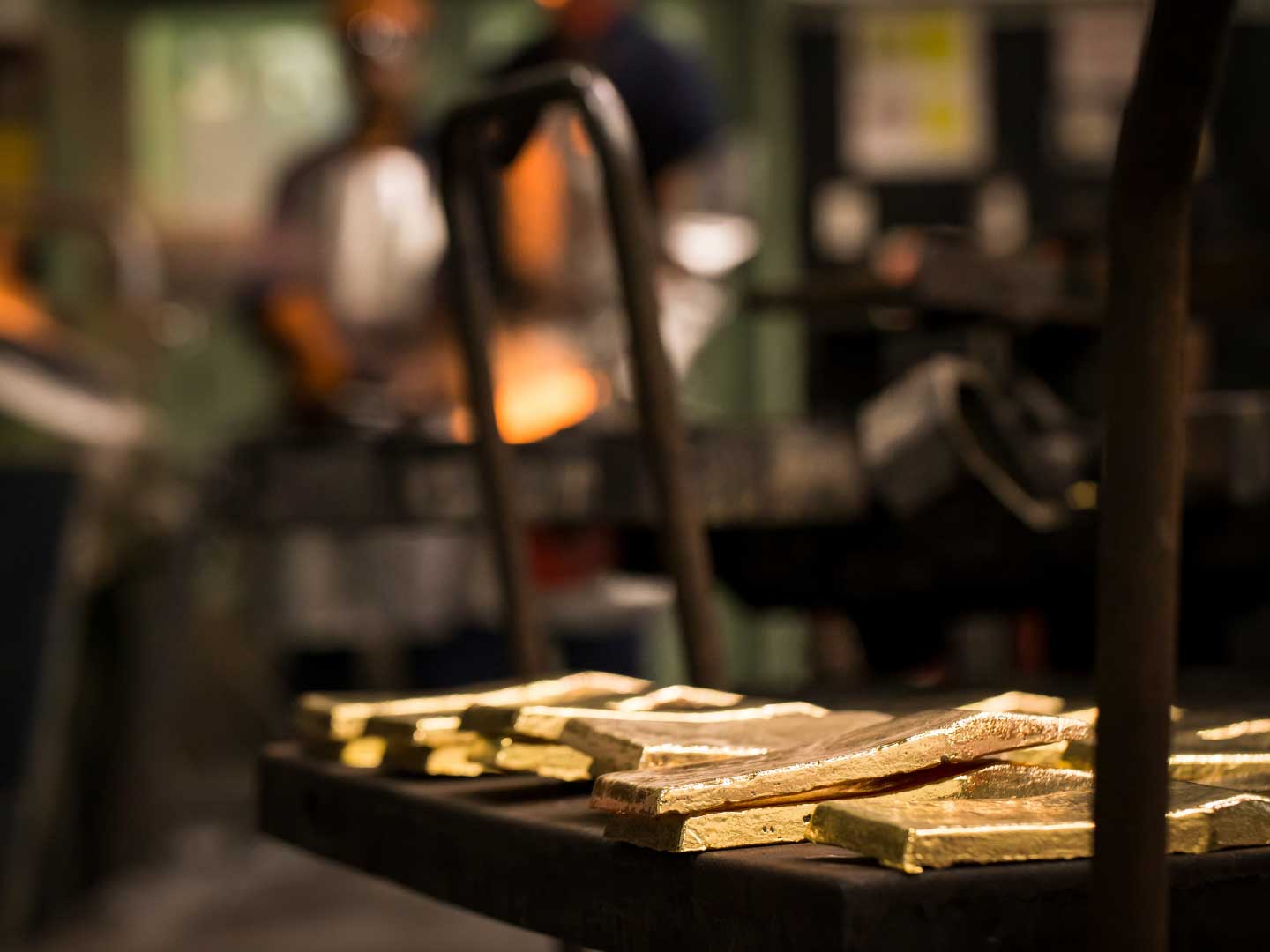
Since 2006 when Leonardo Di Caprio’s hit feature film Blood Diamond exposed the dark side of mining in east African countries rich in natural resources, the trade of precious stones, minerals and other commodities has come under increasing public scrutiny.
Best evidenced by the growing number of ‘fair trade’ products worldwide, this global concern with ethical sourcing is steadily on the rise as consumers and organisations become increasingly focused on corporate transparency, responsible supply chain management and sourcing.
While huge leaps have been made in recent years in the prevention of conflict mining, it remains a global issue – particularly for gold. In response, leading industry players including The Perth Mint have implemented strict supply chain policies as part of their commitment to responsible metals.
Conflict minerals
Investigations into revenue obtained from the trade in natural resources including gold, tin, tantalum and tungsten in the Democratic Republic of Congo (DRC) and neighbouring countries identified links to organised crime and the finance of corrupt officials and organisations.
In fact, of these ‘conflict minerals’, gold is considered the least controlled due to its high worth and the ease at which it can be moved across borders. The DRC government estimates that while more than 20 tonnes of gold are extracted by artisanal miners each year only about 10,000 ounces are officially exported. Meanwhile, it is estimated that more than half of Congo’s artisanal miners are exploited by local armed groups and non-state security forces present at gold pits around the country. (IPIS Research, 2015.)
In 2010 US Congress passed the ‘conflict minerals’ law which legally requires publicly-listed companies to check their supply chains and take steps to address any risks associated with procurement of these materials. Part of a wider move towards responsible sourcing, this was key in the development of an internationally recognised due diligence framework by the Organisation for Economic Cooperation and Development (OECD) which aligns with guiding principles outlined by the United Nations.
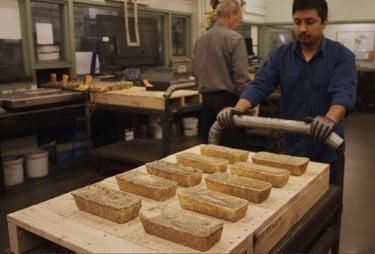
In 2012 the London Bullion Market Association (LBMA), one of the world’s largest distributors of precious metals to global markets, set up a Responsible Gold Guidance based on the OECD framework.
To be accredited as a LBMA ‘good delivery’ refiner and issued a LBMA Responsible Gold or Silver Certificate, refiners must undergo comprehensive yearly audits to ensure compliance with high standards of anti-money laundering and combating terrorist financing practices.
These include the establishment of systems and processes covering:
- Company management systems
- Identification and assessment of risks within the supply chain
- Management strategy to respond to identified risks
- Independent third-party audit of supply chain due diligence
- Supply chain due diligence reporting
As the fight against conflict gold and its global impact continues, the processes in place at The Perth Mint Refinery, as Australia’s only accredited LBMA refiner for both gold and silver, remain as relevant as ever for producer and investor clients around the world.
Committed to responsible metals
The Perth Mint Refinery takes the risk and impact of handling precious metals mined within conflict affected areas extremely seriously.
“As the largest gold refiner in the southern hemisphere, we have a responsibility to do everything within our power to reduce the global impact of conflict metals,” Refining Operations Manager Nathan Edwards said.
“We are aware that gold or silver mined in high risk countries has the potential to make its way to our refining operations in Western Australia. That’s why we’ve aligned our practices with the LBMA and OECD, to ensure we uphold and exceed global standards in due diligence and responsible sourcing.”
The Perth Mint was one of the first three gold refiners in the world to be certified under the internationally recognised Conflict-Free Smelter Program, now the Responsible Minerals Assurance Process (RMAP), which provides credible third-party valuation of a smelter's procurement activities.
Our Responsible Metals and Supply Chain Policy is committed to ensuring all gold handled at The Perth Mint Refinery is obtained from conflict-free sources – from the moment it enters our high-security facility in Perth to when it leaves as 99.99% pure gold bars.
Immediately after delivery, the origin of each batch is checked for compliance with our responsible metals policy before being weighed and entered into our barcoded metal deposit system. This facilitates tracking throughout the entire refining process.
For further information and to view our audit history, please visit our website.
Resources
https://ipisresearch.be/publication/analysis-interactive-map-artisanal-mining-areas-eastern-dr-congo-2/
https://www.globalwitness.org/en/campaigns/conflict-minerals/dodd-frank-act-section-1502/
https://www.pri.org/stories/2017-06-23/tracing-conflict-gold-democratic-republic-congo
DISCLAIMER
Past performance does not guarantee future results. The information in this article and the links provided are for general information only and should not be taken as constituting professional advice from The Perth Mint. The Perth Mint is not a financial adviser. You should consider seeking independent financial advice to check how the information in this article relates to your unique circumstances. All data, including prices, quotes, valuations and statistics included have been obtained from sources The Perth Mint deems to be reliable, but we do not guarantee their accuracy or completeness. The Perth Mint is not liable for any loss caused, whether due to negligence or otherwise, arising from the use of, or reliance on, the information provided directly or indirectly, by use of this article.

